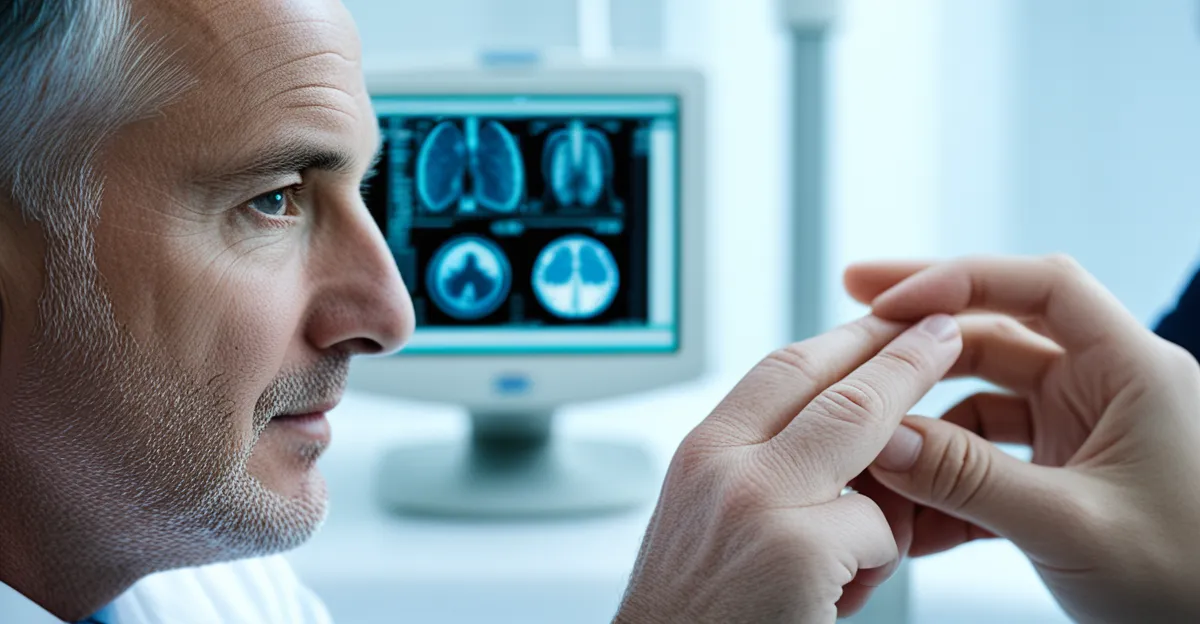Impact of Technology on Patient Outcomes in the UK
Technology in UK healthcare has become a cornerstone for enhancing patient outcomes, transforming traditional practices by integrating digital innovation. The NHS and government initiatives have prioritized this shift, aiming to improve treatment effectiveness, streamline workflows, and reduce errors. For instance, digital monitoring tools gain greater traction, enabling timely interventions and better chronic disease management.
Improved patient outcomes hinge on these technologies’ ability to deliver faster diagnoses and personalized care. NHS technology initiatives, such as national digital health strategies, focus on expanding access and quality through innovation. These programs are supported by investments in infrastructure and training, ensuring that healthcare professionals can leverage new tools effectively.
Also to discover : How Can UK Residents Build a Sustainable Health Routine?
The impact is also evident in reducing hospital admissions—through remote monitoring and proactive management of health conditions—and enhancing patient satisfaction by increasing convenience and engagement. Such technologies help bridge gaps in care across diverse populations in the UK, addressing regional disparities.
In summary, technology in UK healthcare is pivotal in reshaping patient experiences, contributing directly to improved outcomes. Continued NHS technology initiatives promise further advancements, emphasizing the urgent need for integrated, patient-centric digital solutions across the healthcare system.
Topic to read : What Are the Earliest Signs of Health Improvement in the UK?
Electronic Health Records and Data Sharing
Electronic health records UK play a pivotal role in technology in UK healthcare by creating a unified digital health infrastructure. The widespread adoption of EHRs enhances the continuity of care by ensuring that patient information is consistently available to healthcare providers across different NHS locations and private providers. This seamless access helps reduce medical errors caused by incomplete histories or redundant testing.
Patient data sharing, a critical aspect of digital health infrastructure, underpins coordinated care. The NHS technology initiatives actively promote secure data exchange protocols, safeguarding sensitive information while enabling timely decision-making. For example, clinicians can retrieve up-to-date medication lists or allergy information instantly, reducing adverse events.
Furthermore, electronic health records UK improve operational efficiency by decreasing paperwork and administrative tasks. The NHS’s integration efforts focus on interoperable systems that communicate across trusts, enhancing patient outcomes through more informed diagnostics and treatment plans.
In summary, developing a robust digital health infrastructure through electronic health records UK is essential. It facilitates precise information flow and empowers healthcare professionals to provide better, faster, and safer care, directly boosting patient outcomes as prioritized by NHS technology initiatives.
Telemedicine and Remote Care Solutions
Telemedicine UK has rapidly advanced as a vital component of technology in UK healthcare, particularly supported by NHS technology initiatives aiming to expand access and convenience. Virtual consultations enable patients to connect with healthcare professionals from home, significantly reducing travel time and waiting periods. This digital shift notably improves patient outcomes by facilitating earlier diagnosis and treatment, especially for those in rural or underserved regions.
Remote healthcare solutions utilize video calls, mobile apps, and remote monitoring devices, fostering continuous patient engagement and better management of chronic conditions. NHS technology initiatives have championed integrating telemedicine platforms within traditional care, allowing seamless communication and real-time data sharing. For example, managing diabetes remotely via scheduled virtual check-ins has reduced hospital admissions and improved glycaemic control.
Studies report that telemedicine UK enhances healthcare accessibility and patient satisfaction without compromising clinical effectiveness. These platforms also support vulnerable groups, such as elderly patients, by offering tailored care options. Challenges remain, including technology literacy and connectivity issues, but ongoing NHS technology initiatives focus on resolving these barriers to ensure wider adoption. Ultimately, telemedicine is reshaping care delivery in the UK, demonstrating clear benefits in accessibility and patient outcomes through innovative remote healthcare models.

